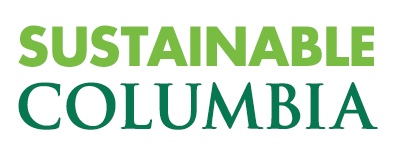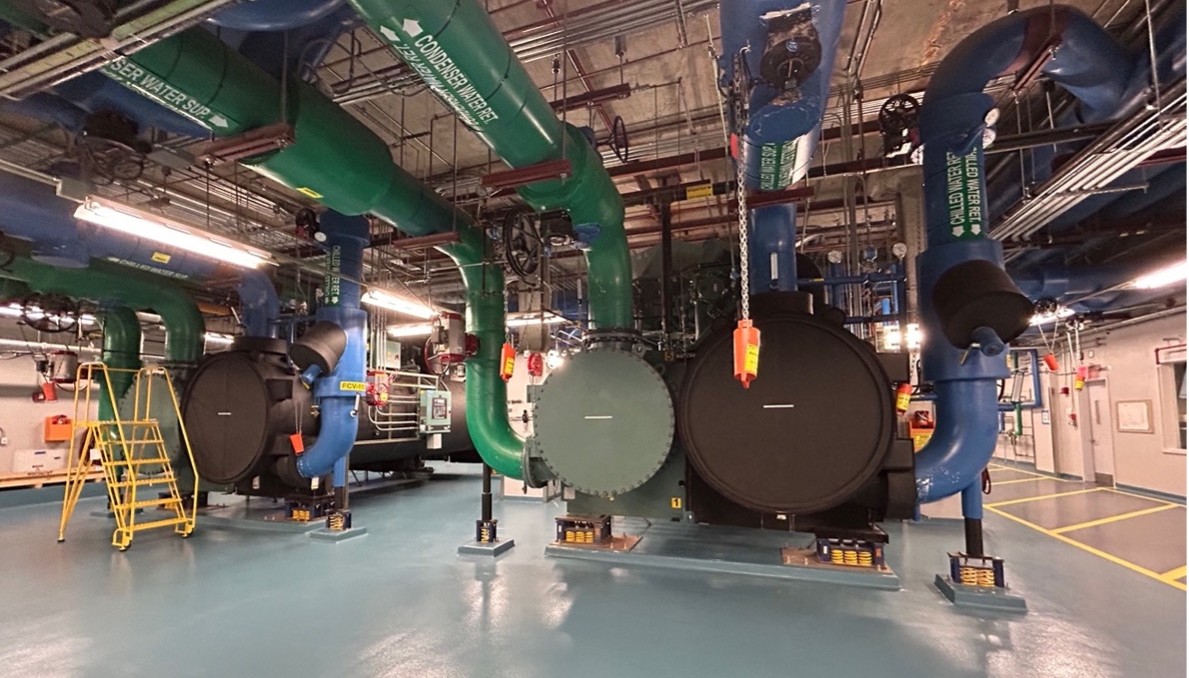Dear Columbia community,
In honor of Earth Month, I am proud to share with you the impactful work underway across the University to reduce our environmental impact under Plan 2030. Aligned with the Intergovernmental Panel on Climate Change, the United Nations Environment Programme, and the Science-Based Target Initiative, Plan 2030 sets the University on an aggressive trajectory to reach net zero emissions by 2050 or sooner.
This year, we have formalized two implementation pathways for Plan 2030: Building Net Zero and Living Net Zero. Building Net Zero focuses on decarbonizing our physical footprint through real estate electrification, energy efficiency measures, and aligning all renovations, retrofits, and new construction with net zero goals. This critical work on our Scope 1 and Scope 2 emissions is underway.
Living Net Zero mobilizes our entire community to drive the significant behavioral changes needed to tackle Scope 3 emissions from travel, purchasing, waste, and more. Cross-campus Think Tanks are generating bold ideas, while our Campus as a Living Lab initiative harnesses our community's problem-solving power.
Our target by 2025 is to reduce our emissions by 15% from 2019 levels, and while we're on track, the road ahead will present challenges. Engineering studies, logistical planning, and decisive action are all essential. As a community, we must grapple with complexity to fulfill our shared commitment as a climate leader. In September we will release our annual report, outlining in more detail progress towards the science-based targets published in Plan 2030.
I'm grateful for your partnership in driving this essential sustainability work forward. Together, we can build a more sustainable future for Columbia and the world.
Jessica Prata
Assistant Vice President, Office of Sustainability
How the University will achieve net zero by 2050 through two action pathways.
Columbia’s ten-year sustainability plan, Plan 2030, includes six focus areas in which the University has set goals and strategies to reach net zero by 2050. The Office of Sustainability has broken the implementation of these strategies into two paths: Building Net Zero (BNZ) and Living Net Zero (LNZ).
Building Net Zero (BNZ)
- Operational decisions of the University
- High-level activities that result in Scope 1 and Scope 2 emissions
- Electrify Columbia's campuses
- Electrify fleets and boost charging capabilities
- Sustainable Design and Construction policy to build to net zero
Living Net Zero (LNZ)
- Actions Columbia’s schools, departments, and individuals can take to change behavior
- Targets Scope 3 emissions (resulting from activities not owned or controlled by Columbia, but that the University indirectly brings about) such as:
- Business Travel
- Purchasing of Goods
- Waste and Reuse


















